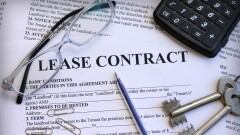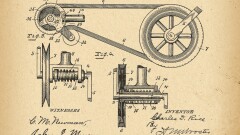
If you or a client of yours is planning on selling a company, here are 24 documents you're going to have to show to any prospective buyer. Are you prepared?
I'm betting you've got most of this information stored somewhere, but in various places. This is pretty normal. My recommendation is to hire a college student or designate a staffer to gather everything together and store it in a secured place online — even on Dropbox, OneDrive or Google. Ensure that once all of these documents are uploaded that someone in the organization is responsible for keeping them current. Then when a prospective buyer requests this information, they can be given access to the folder.
Having this done in advance not only makes an organization look like it's got its act together to that prospective buyer, but is probably something they should be doing anyway, right?
















